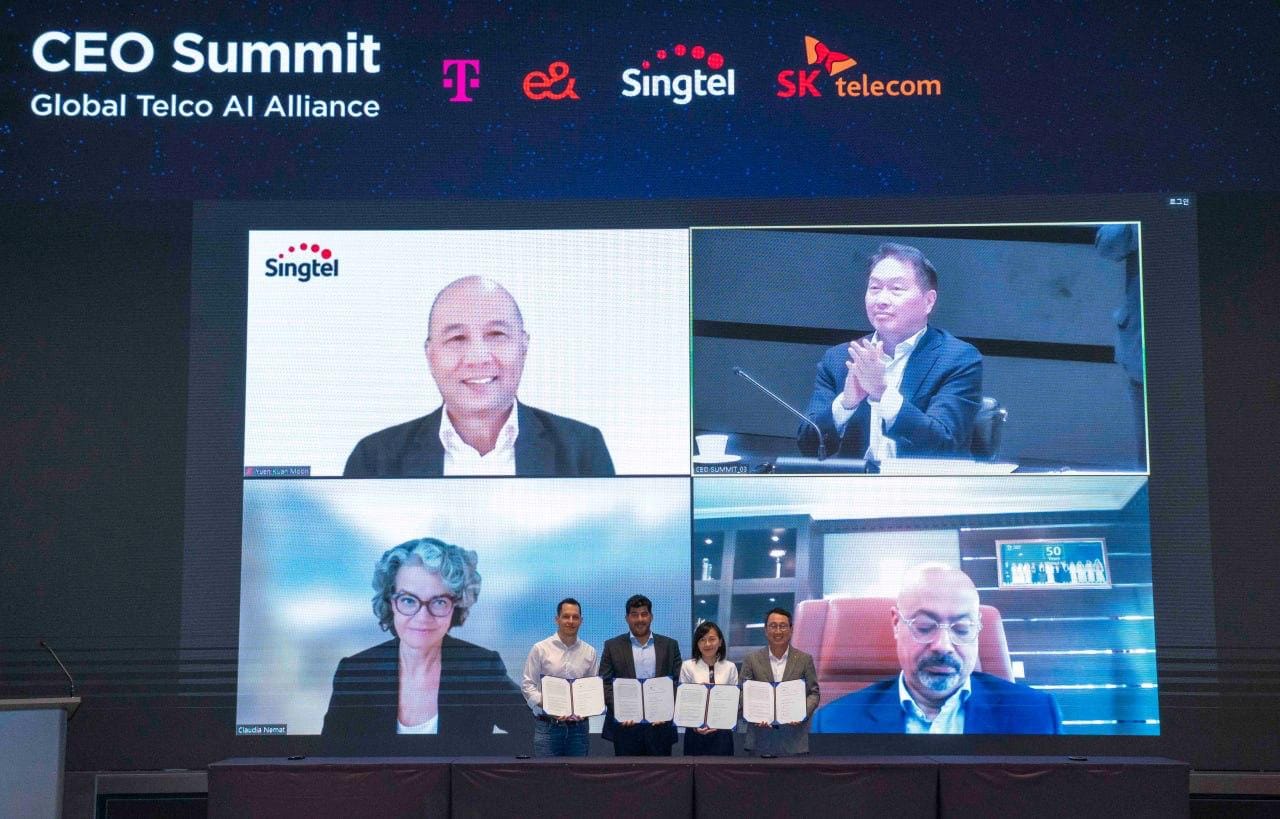APAC – Advertising agency Dentsu Creative has released its 2023 Global CMO Report, ‘Creativity at a Crossroads’, revealing that the current industry landscape is at a crossroads, but it is one empowered by creativity and technology.
Data from the report indicates that 30% of CMOs prioritize strengthening customer relationships, while 28% focus on engaging with changing audiences, responding to evolving consumer behavior, representing diverse audiences, and adapting to new technology.
It also states that CMOs seek tech-human experiences, with 87% agreeing brands are forged through experiences and 88% valuing alignment between customer experience and brand promise. CMOs have begun to embrace new interfaces such as voice, gesture, AR and AI.
Additionally, CMOs are now prioritizing entertainment for brand building, investing in platforms like podcasts and programming. 79% agree that advertising is easier to ignore, and 80% see technologies like live streaming blurring content-commerce lines. Humor is resurging, with 58% aiming for joyful moments in advertising amidst crowded, uninspiring messaging.
Talking about AI, CMOs cautiously embrace AI, appreciating its efficiencies but doubting its ability to deeply engage customers. Notably, while some worry about AI’s impact on their jobs, 75% think it can’t fully replace human creativity.
CMOs also increasingly care about balancing purpose and profit, with 62% worrying about their impact on the environment and society, while 64% express concern that their media funding could lead to political polarization. However, 81% believe brands can use their budgets to support diverse voices, maintaining that advertising can be a force for good.
Lastly, CMOs prioritize creativity in response to audience demands for brand integrity and engaging content with 85% seeing creativity as an economic catalyst. Unlocking the creativity needed to thrive in today’s connected world sits firmly at the intersection of brand, experience, and culture. Fortunately, sweet spots are now emerging for brands and businesses to connect with modern customers in the spaces and places that matter most.
Patricia McDonald, chief strategy officer of Dentsu Creative, observed, “To own the audience, we need to connect in the spaces and places that matter most to them. The challenge is that audiences are changing: they have new expectations, new behaviors, and new values shaped by a deeply connected world.”
“Their expectations have soared while their attention has polarized-they can dive deeper than ever into the things they love and find it easier than ever to ignore the things they don’t. So, brands must be built in new ways through experiences, through culture, and through action. The choice is simple: engage or be ignored,” she added.
Meanwhile, Amit Wadhwa, CEO, Dentsu Creative India, commented, “Now, in a world where AI threatens to steal the spotlight from human creativity, it is reassuring to see that a massive 73% of India’s marketers firmly believe that Generative AI will never outshine the boundless brilliance of the human imagination. Frankly, I couldn’t agree more. The report underscores this crucial juncture where creativity, technology, and strategic insights blend – setting the stage for an exciting future in the world of marketing.”










